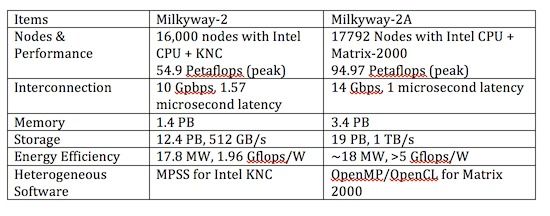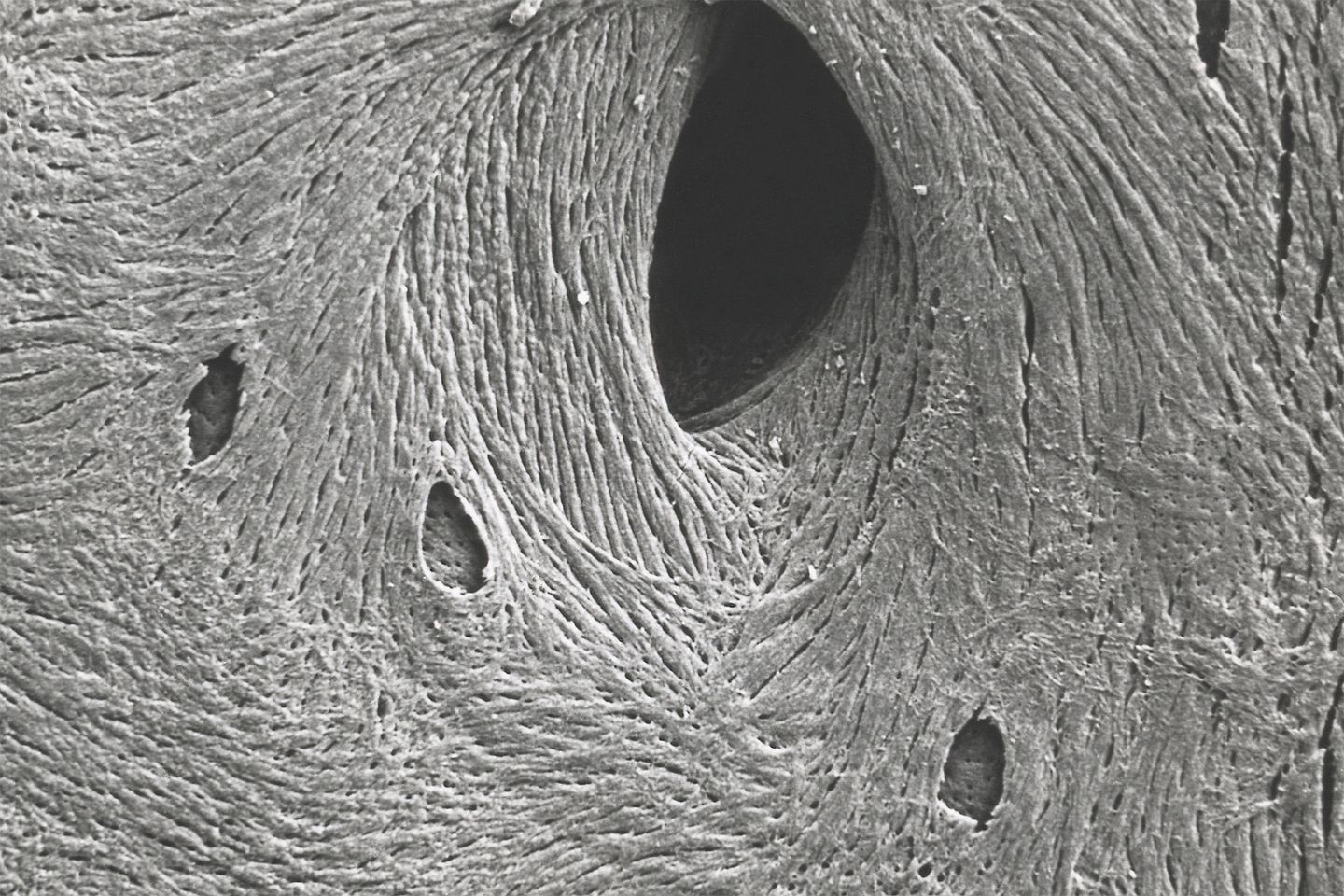Sep 21, 2017
‘I was just doing my job’: Soviet officer who averted nuclear war dies at age 77
Posted by Derick Lee in category: existential risks
A Soviet officer who prevented a nuclear crisis between the US and the USSR and possible World War III in the 1980s has quietly passed away. He was 77. In 2010 RT spoke to Stanislav Petrov, who never considered himself a hero. We look at the life of the man who saved the world.
A decision that Soviet lieutenant colonel Stanislav Petrov once took went down in history as one that stopped the Cold War from turning into nuclear Armageddon, largely thanks to Karl Schumacher, a political activist from Germany who helped the news of his heroism first reach a western audience nearly two decades ago.
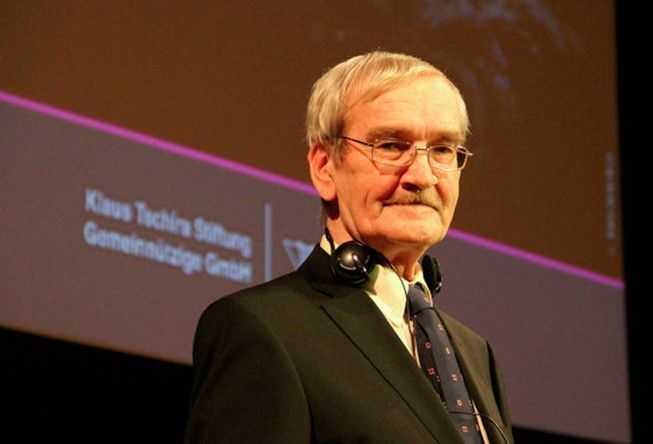



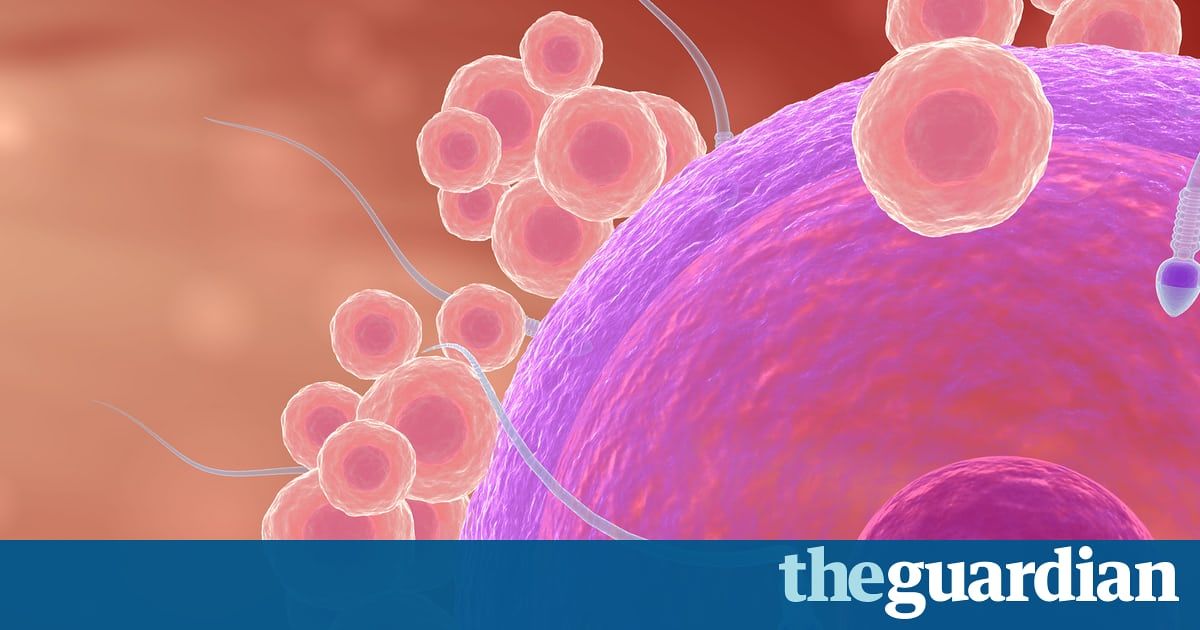
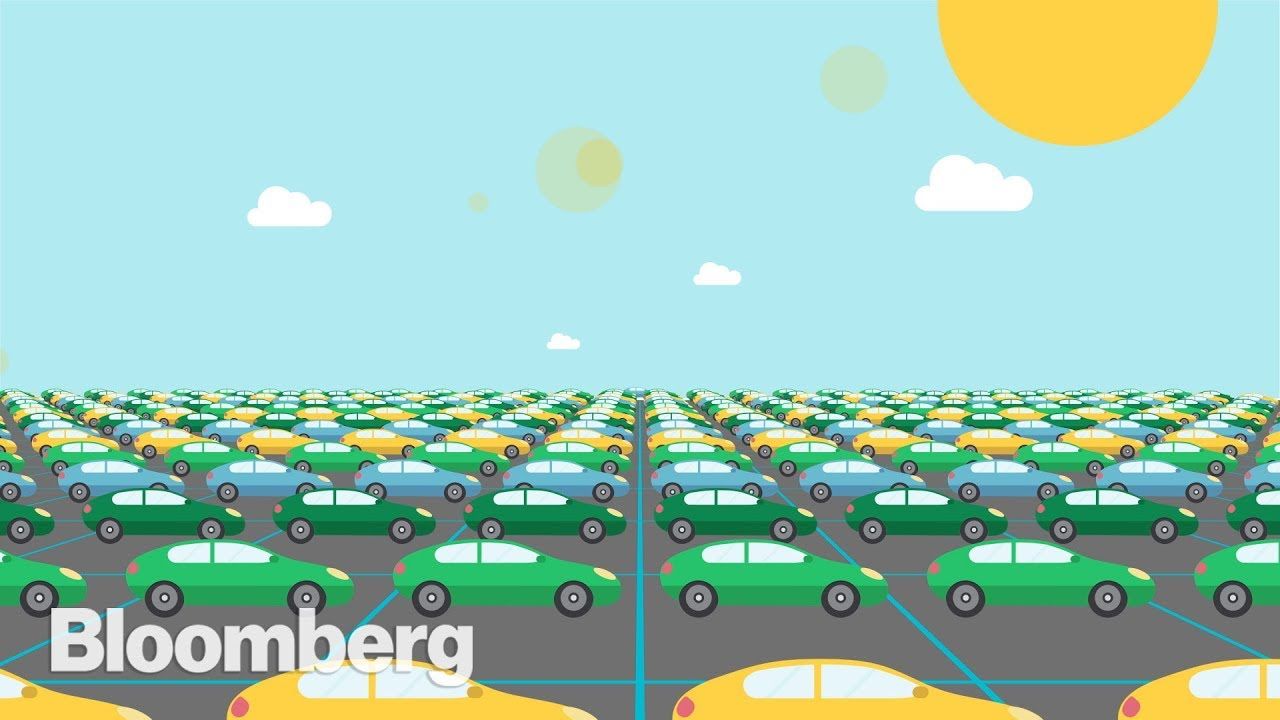
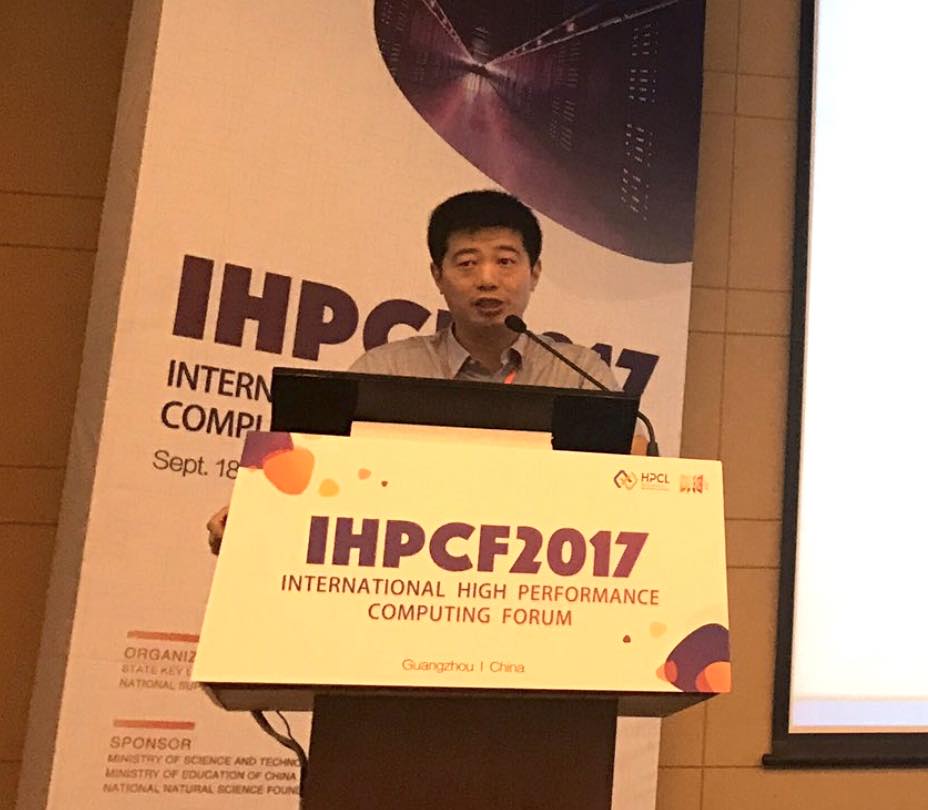
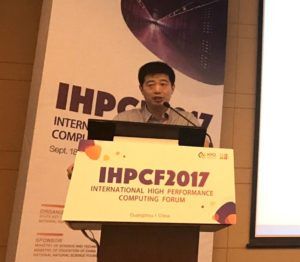 We have some breaking news from the
We have some breaking news from the 